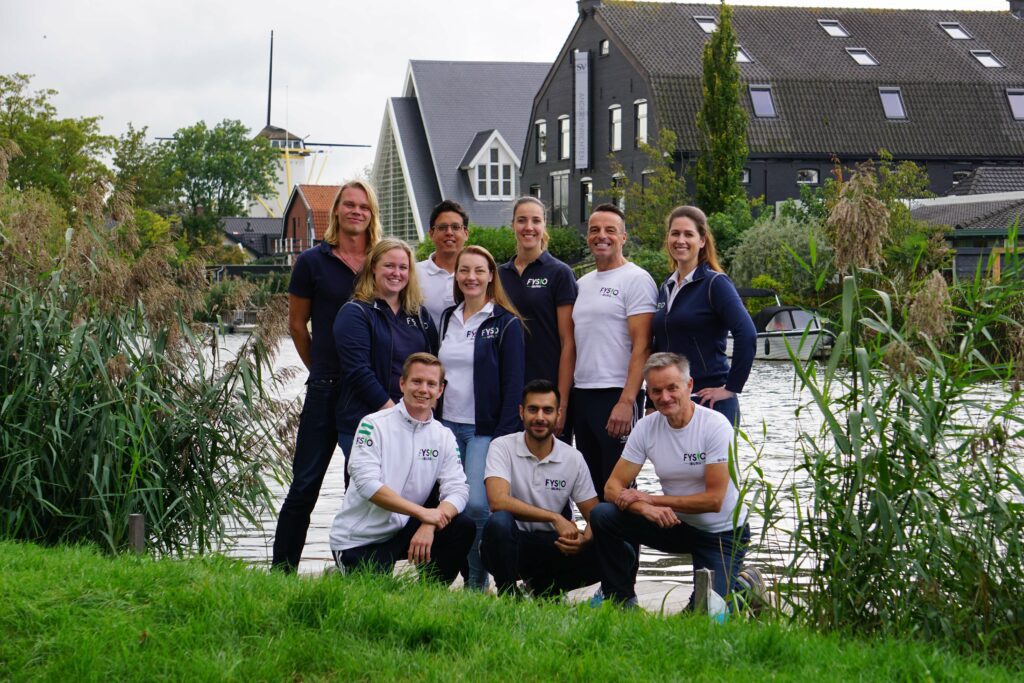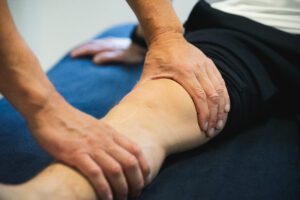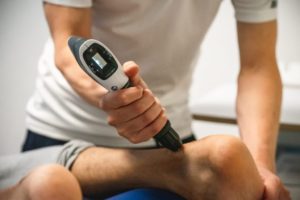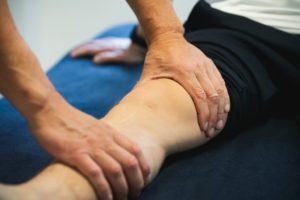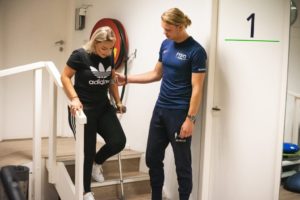What is a hernia?
A hernia is a condition in which part of an organ or tissue protrudes through a weak spot in the surrounding muscle wall or connective tissue. This can occur, for example, in the spine, where part of the disc bulges and can put pressure on nerves, causing pain and other symptoms.
The development of a hernia
A hernia occurs when the soft core of an intervertebral disc bulges through a weak spot in the outer ring, usually as a result of wear and tear, overload or trauma. This bulge can put pressure on nerves in the spine, causing pain, numbness, and weakness. Factors such as heavy lifting for long periods of time and poor posture increase the risk of developing a hernia. Being overweight, smoking, lack of exercise and poor fitness or back muscles can also increase the risk of a hernia.
Various types of Hernias
- The hernia of the lumbar spine (lumbar spine)
- The hernia of the diaphragm (diaphragmatic hernia)
- The inguinal hernia (inguinal hernia)
- The incisional hernia (cicatricial hernia)
- The umbilical hernia (umbilical hernia)
The most well-known and common hernia is that of the lumbar spine, which is also called the 'back hernia' or 'lower back hernia'.
How do you recognize a hernia?
Common hernia complaints can include:
- Backache in the lower back and/or a crooked position of the back due to cramping of the lower back muscles;
- A radiating pain in the buttock and leg (sometimes into the foot);
- Sensory disturbances in the buttock, leg and/or foot;
- The pain is or becomes worse during, for example, straining, coughing or sneezing;
- Your tendon reflexes may be reduced;
- Loss of strength in the buttock, leg and/or foot;
- You are less able to bend with your knees straight and your fingers are less likely to reach the ground. This is called reduced finger – bottom distance;
- Incontinence
Treating with physiotherapy
A physiotherapist can help you in the treatment of a hernia in various ways. Below are a few examples:
Pain relief
Physiotherapy includes techniques aimed at reducing pain, such as: massage, mobilization of the spine and specific exercises that reduce pain.
Improving mobility
Physical therapists can help patients improve the mobility of the back and surrounding muscles through stretching, mobilization and specific exercises.
Muscle strengthening
Through the strengthen of the muscles surrounding the spine, the physiotherapist can help stabilize the area, reducing pressure on the intervertebral discs and promoting recovery.
Posture training
Physiotherapists can help patients improve their fitness attitude during daily activities and when learning good lifting techniques to prevent recurrence of the injury.
Self-management instructions
Physical therapists can provide patients with education and advice on how to modify their activities to prevent further damage and promote a healthy lifestyle.
Guided rehabilitation
As part of a guided rehabilitation program, the physiotherapist can help the patient gradually increase activity levels and return to normal daily activities and sports activities.
These approaches allow physical therapy to be an integral part of the hernia recovery process, focusing on reducing pain, improving function, and preventing further complications.
Help from our experienced physiotherapists
Would you like to know more about how we can help? Take Contact Contact our expert physiotherapists for personalized advice and guidance. At Physiotherapy Iburg we are ready to help you on your way to an active and pain-free life.
Make an appointment with one of our physiotherapists Rotterdam, Kralingen or Hillegersberg

